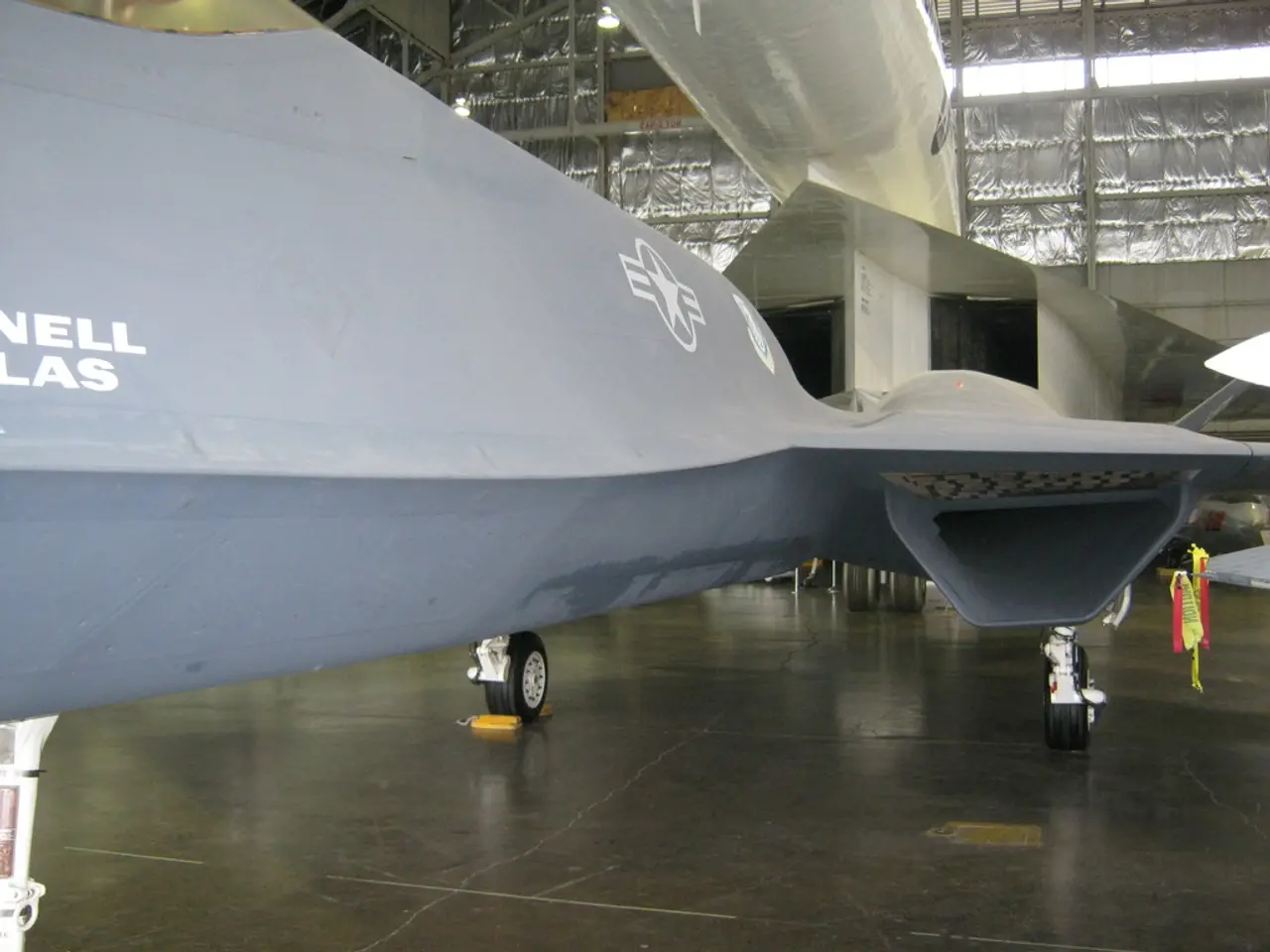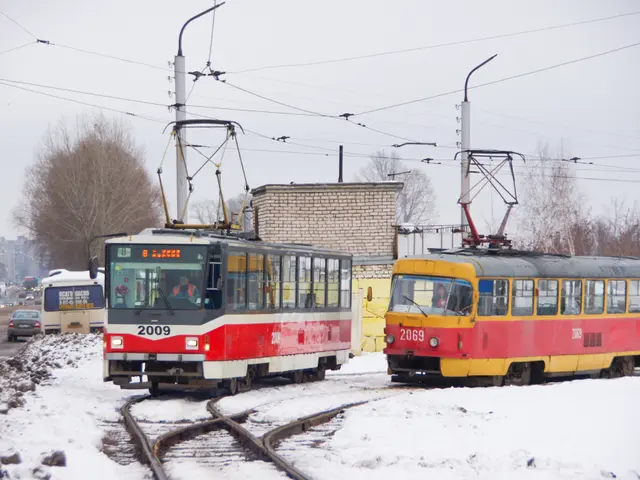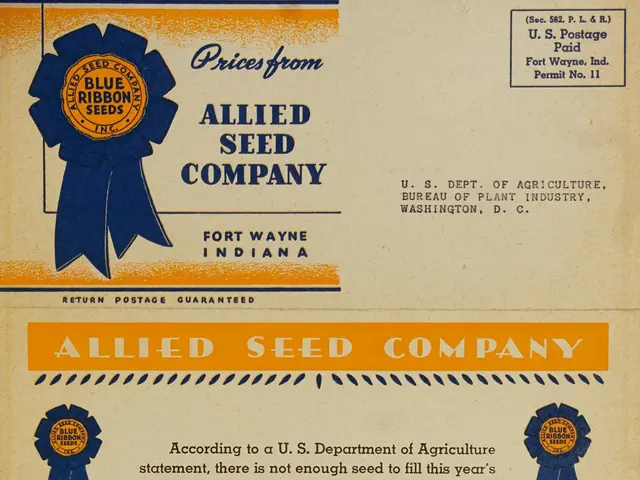Aircraft Industry Experts
In the intricate web of air travel, various aviation professionals play essential roles to ensure safety, reliability, and comfort for passengers. From the ground to the flight deck, and from cabin services to technical maintenance, each professional contributes to a seamless and secure journey.
At the helm of every flight, **Pilots** operate aircraft, managing flight controls and monitoring vital safety parameters such as fuel, flight systems, and weather. They develop detailed flight plans considering aircraft performance, weather, and route conditions. Pilots communicate continuously with air traffic control to navigate changes in route due to weather, emergencies, or air traffic. Maintaining professionalism and ensuring adequate rest between flights is crucial for their safety and the safety of passengers.
On the ground, **Air Traffic Controllers (ATCs)** monitor and manage aircraft movements to ensure safe distances and efficient routing. They provide pilots with critical information such as weather updates, landing clearance, and route changes. ATCs coordinate with multiple control centers to manage traffic flow and respond to emergencies.
Once aboard, **Flight Attendants (Cabin Crew)** ensure passenger safety through the enforcement of safety regulations and conducting emergency protocols. They provide customer service, including assistance with seating, luggage, serving food and beverages, and addressing passenger inquiries. Flight Attendants conduct pre-flight safety demonstrations and remain calm under pressure to respond to in-flight emergencies.
**Aviation Maintenance Technicians & Engineers** conduct routine inspections, servicing, and preventive maintenance on aircraft systems to ensure safety and airworthiness. They handle tasks like checking fluid levels, inspecting brakes, tires, lights, and performing system tests on avionics and electrical components. Aviation Maintenance Engineers focus on in-depth repairs and technical maintenance, while Aircraft Maintenance Technicians perform more routine tasks.
**Flight Dispatchers and Briefing Officers** prepare and provide flight crews with detailed briefings on flight plans, weather conditions, route alternatives, and any other critical information to support safe flight operations. They monitor ongoing flights to support pilots with updated meteorological data and route information.
On the airport tarmac, **Aircraft Marshallers** guide aircraft on the ground during taxiing and parking to ensure safety and prevent collisions. They use hand signals and communication with the cockpit crew to direct aircraft movements.
**Aviation Meteorologists** provide weather information to various aviation personnel, including flight dispatchers, pilots, and air traffic controllers. They determine current and forecasted weather conditions for all altitudes.
**Airplane Gas Fitters** load necessary fuel into aircraft, working in a dangerous environment and adhering to strict safety regulations.
In the event of an emergency, **Aviation RFF (ARFF)** responds, ensuring the evacuation and possible rescue of passengers and crew.
In summary, each aviation professional plays a specialized role in ensuring safety, reliability, and comfort within the complex aviation ecosystem. Their combined efforts cover operations from the ground to the flight deck and cabin to technical maintenance, ensuring passengers can travel safely and comfortably.
Aviation maintenance technicians and engineers work diligently to perform routine inspections, servicing, and preventive maintenance, ensuring the safety and airworthiness of aircraft. They are essential players in the aerospace industry, where aircraft performance and finance play significant roles.
The aviation meteorologists provide crucial weather information to various aviation personnel, contributing to aviation professionals' ability to make informed decisions and maintain safety during flight operations. Their work is vital to the transportation sector as a whole.
Airport tarmac safety can be credited to aircraft marshallers, who guide aircraft during taxiing and parking to prevent collisions. Their commendable efforts help maintain efficient and safe transportation of passengers.
Aviation RFF (Rapid Response Fire Department) personnel respond in emergency situations, ensuring the evacuation and potential rescue of passengers and crew. Their important role underscores the industry's commitment to passenger and crew safety.








